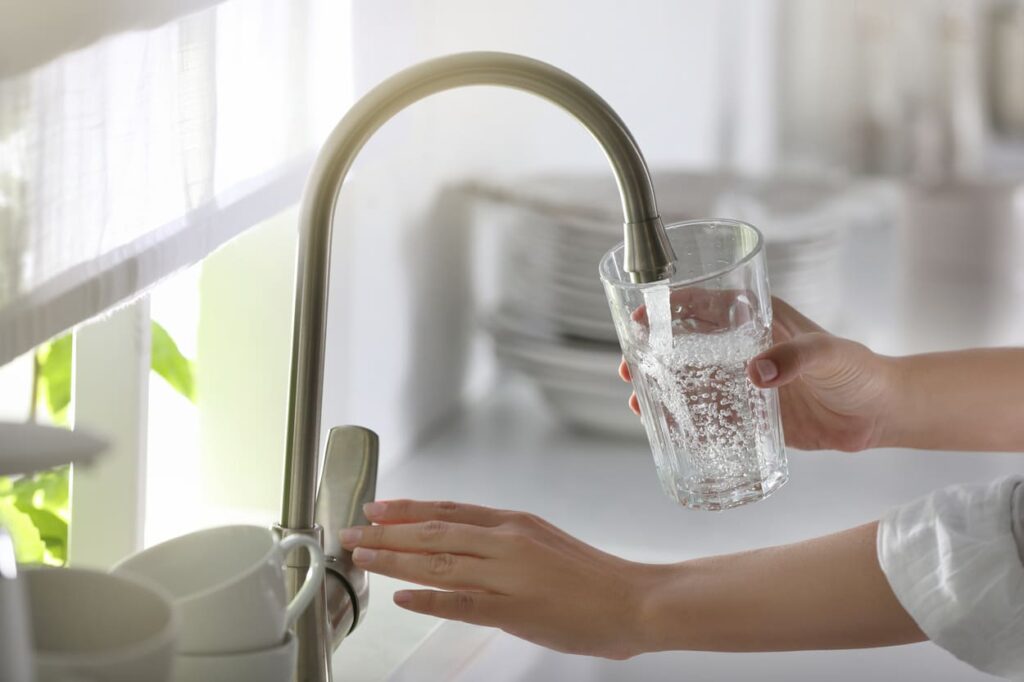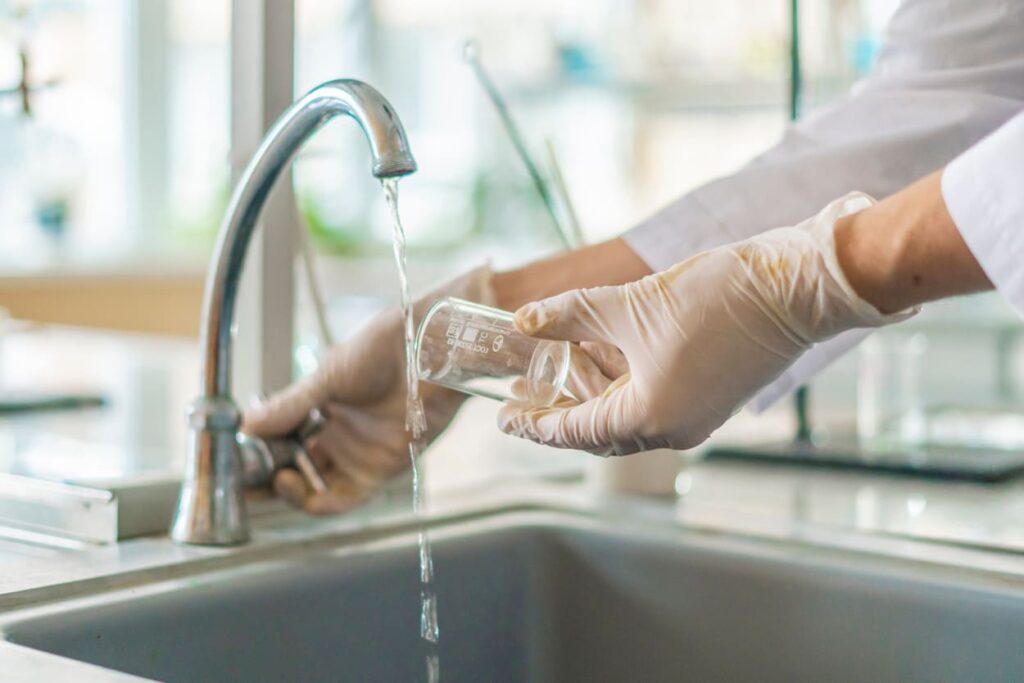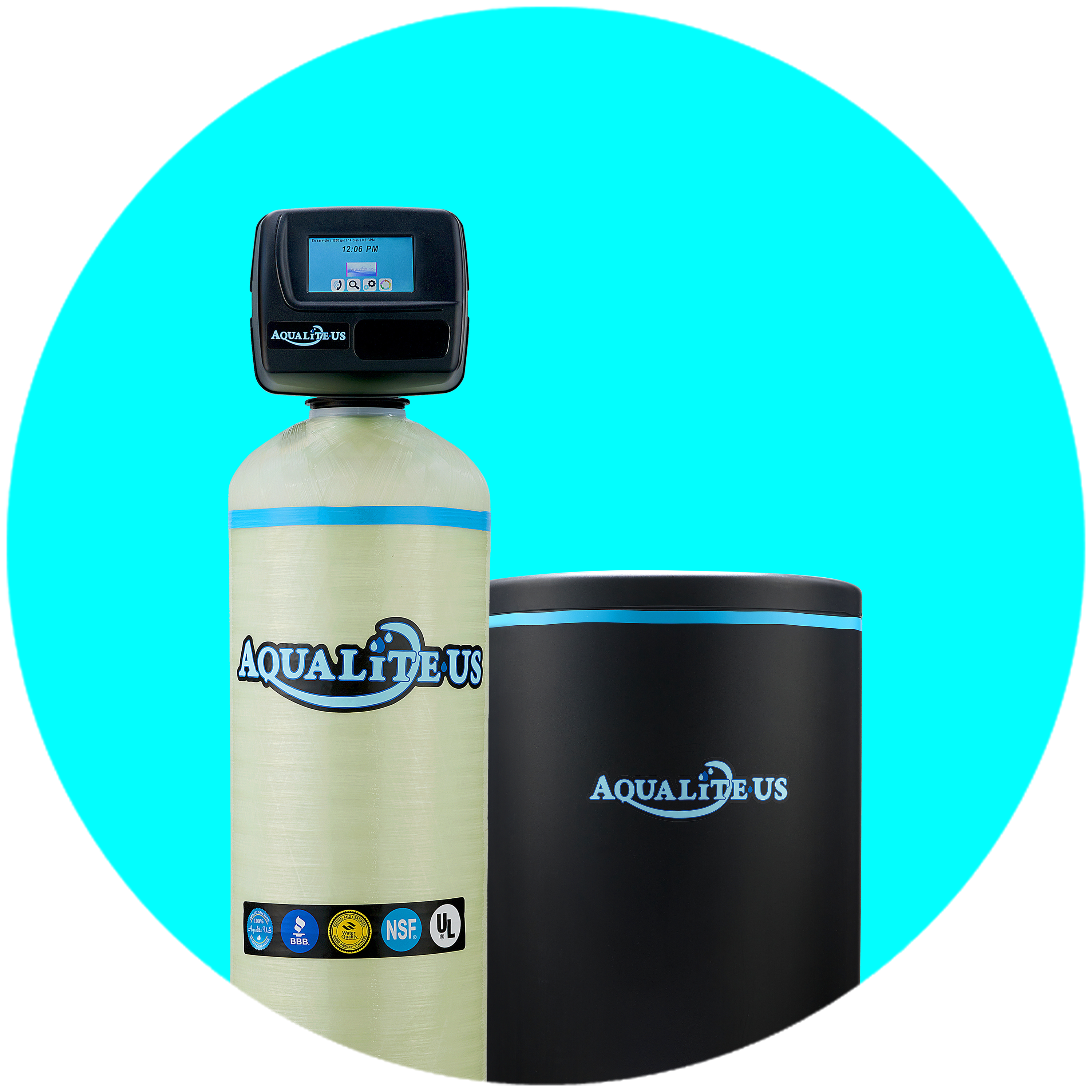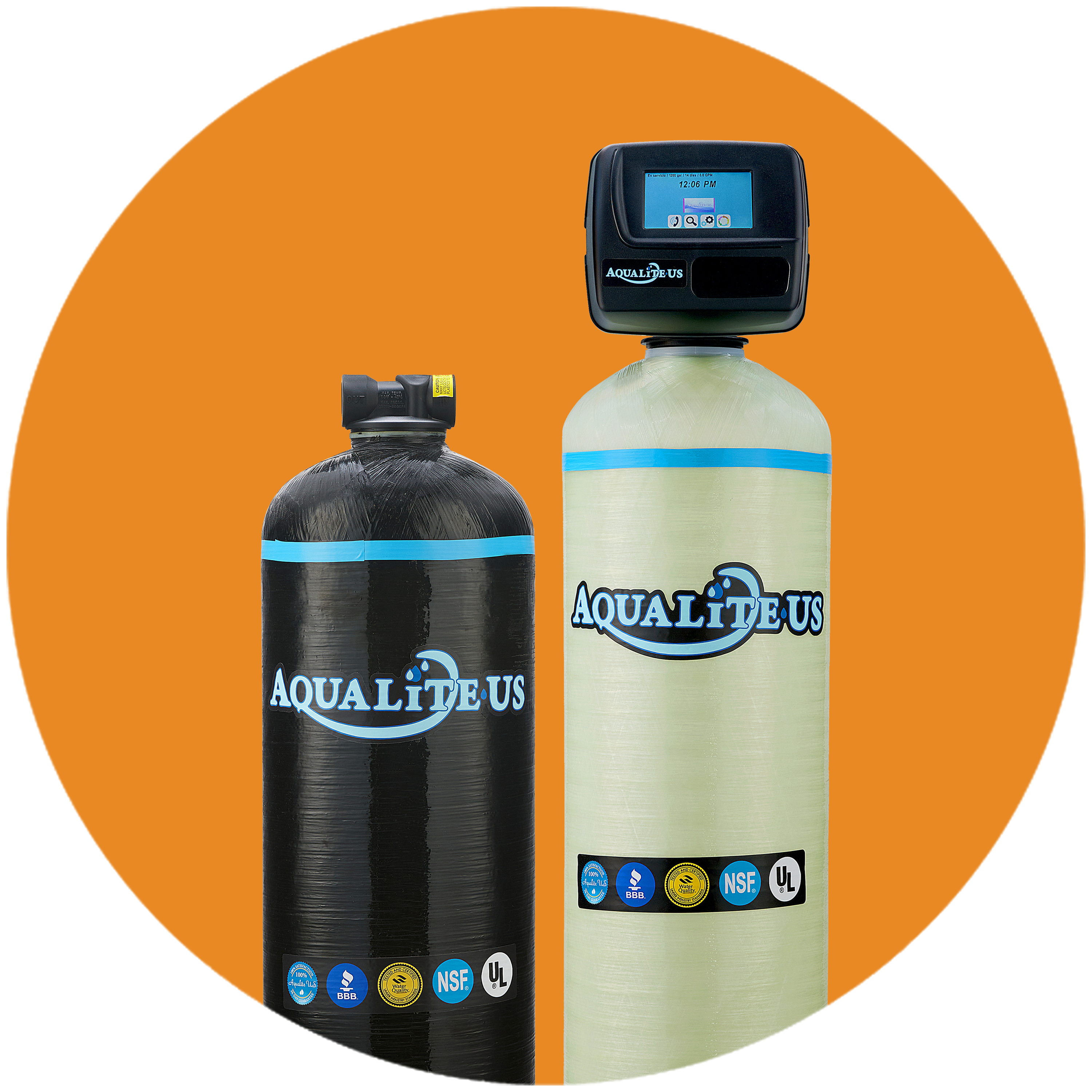Learn what critical questions you should ask about water quality when purchasing a home.
Buying a home is a significant investment, and potential new homeowners need to ask some hard questions to know what they are getting into.
In addition to major home systems like your electrical, heat, and plumbing, potential homeowners need to ask questions about their potential home water system and quality.
This article will address home water quality and water contamination, including 6 water quality questions to ask before buying a home to ensure the water quality is up to par.
What You Need to Know About Drinking Water Quality and Water Contamination
Water comes to our homes through wells and city main lines. While town or city water supplies are treated at municipal treatment plants, they can still have traces of water contamination in them and can impact the well-being of your family or guests in your home.
Unfortunately, poor water quality can have significant health effects. Common water can be contaminated with hidden chemicals, including chlorine, nitrates, and fluoride. You don’t want to put your family at risk for developmental, reproductive, or gastrointestinal illnesses, which high levels of specific water contaminants can cause.
Testing your tap water can quickly reveal the quality of the home’s water and can also help homeowners throughout the home buying process. To ensure a complete understanding of water quality, it’s essential to ask the following questions when buying a home:

6 Water Quality Questions to Ask When Buying a Home
1. Where is the Water Source?
Potential homebuyers should be aware of the water source to determine what is coming from the tap. The water source originates from two primary sources: municipal water supply and well water or groundwater.
Each method requires its own treatment system. For example, suppose your home comes from the municipal water supply. In that case, the water quality is tested against regulations the United States and Canadian governments set for drinking water quality. For example, the Environmental Protection Agency (EPA) has a legal limit of 90 contaminants and will have prescribed requirements for improving the water quality if it goes above that limit.
Unfortunately, even municipal water supplies can have issues. Contaminants can sneak into the plumbing, and, on top of that, not all contaminants are regulated by the EPA.
A private well is susceptible to quality issues, including the color, clarity, taste, smell, and health issues:
- Hard water causes minerals (calcium and magnesium)
- Iron, which can lead to rust stains in sinks, tubs, and clothing
- Hydrogen sulfide, causing a sulfur smell

2. Are There Any Known Water Issues In This Area?
Certain geographical locations can be known to have common water problems. For example, more minerals in the area can lead to higher chances of hard water, mineral build-up in kitchen appliances, and spots on dishes.
Ask the previous homeowner or realtor if they notice any hard water. Additionally, consider researching public health for water resources. In the U.S., information about your neighborhood’s water is available to the public on the Consumer Confidence Report (CCR). Homeowners in the U.S. and Canada can reference the Water Quality Research Foundation’s Contaminant Occurrence Map to identify locations of common drinking water contaminants.
3. Does The Home Have Any Water Treatment Systems?
It’s usually pretty straightforward to ask if there is a water treatment system in the home. Sometimes homes come with water softeners, reverse osmosis systems, or water filtration systems. These are especially common in rural areas. Having any system on your home will increase the value but always provides you with peace of mind that your water quality is improved. If it does not come with water treatment systems, then you should budget for adding one.
4. If There Is An Issue With Water Quality, Will The Seller Pay For It?
Whether you buy through a realtor or lawyer, be sure to ask about who pays for a poor water quality issue. It is typically the seller, which should be a purchase agreement condition.
Suppose there is an issue that the municipal network cannot fix. In that case, it may be up to the seller to add a water softener, reverse osmosis system, or water filtration system as a condition of your agreement.

5. Do I Need To Get The Water Tested Before Purchasing?
The simple answer is that you should get your water tested before purchasing a home. However, it is not always required. Requirements for water quality testing will depend on your state/province and country. We highly recommend a high-quality water test before you make this big decision.
6. What Is The Best Local Source For Getting The Water Tested?
For testing your residential water or well-water, reach out to Aqualite US. We offer free water testing to give your family the peace of mind you need, especially when purchasing a new home.
Note that water testing is simple – you only need to collect water from your tap and use the SimpleLabs test kit provided by Aqualite US. Mail in your sample, and you will know the results in 5-7 business days with a detailed report and a mobile application to access the results anywhere.




